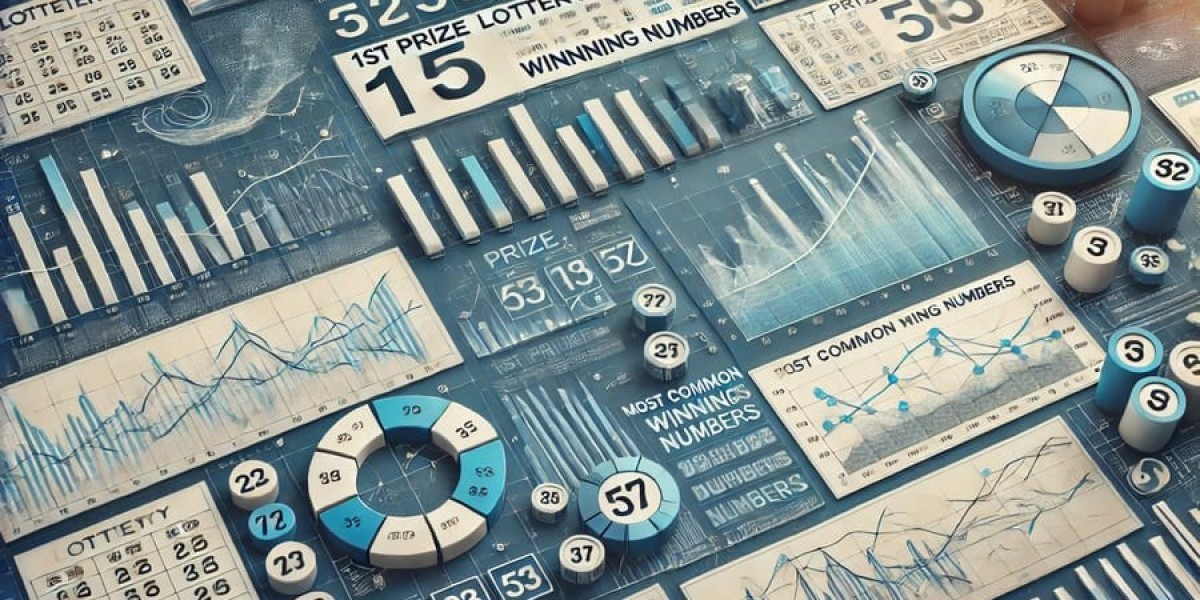One of the foundational components of Lotto sensible picks lies within the evaluation of quantity frequencies.
One of the foundational components of
Lotto Statistics sensible picks lies within the evaluation of quantity frequencies. By studying which numbers are drawn most frequently, players can make choices based on statistical proof. For example, if a player notices that the numbers 7, 14, and 21 have regularly appeared in previous attracts, they could choose to incorporate these of their picks. Several web sites and apps provide statistical breakdowns of quantity frequency, making it simpler for players to entry this knowledge. Nevertheless, whereas patterns can emerge, it is crucial to approach this evaluation with a clear understanding that each draw is inherently random and impartial.
Maximizing your experience with the newest
Lotto Number Generator draw results involves a quantity of methods. First, adopting a balanced approach to number choice can enhance your playing experience. Some gamers select significant dates or 'fortunate' numbers, whereas others could opt for a random selection. The selection does not considerably impression the result, but having a way can make the experience more meaningful.
Numerous success tales illustrate the importance of monitoring winnings. For instance, a latest winner of a $10 million jackpot shared that diligent monitoring helped her budget for her new life-style, together with a house buy and savings for her children's schooling. By understanding precisely how a lot she won, how a lot was taxed, and the place her cash went, she could make knowledgeable choices that secured her family's financial future. Similarly, a pair who received a considerable lottery prize used meticulous tracking to spend money on a small business, making certain a gradual earnings stream rather than relying solely on their winnings.
The first step within the
Lotto Winning Probability prize claim process involves understanding the precise rules that govern the lottery in your jurisdiction. Each state's lottery board provides detailed tips and stipulations for claiming prizes. Typically, winners are required to present the profitable ticket, proof of id, and, in some circumstances, additional documentation associated to their win. For occasion, in some states, prizes above a certain threshold might necessitate the winner to complete a claim kind instantly with the lottery workplace. This process ensures that the correct people are receiving the funds, thereby reducing potential fraud. It is important to seek the guidance of the official lottery web site or attain out to the lottery office for correct particulars relating to the claim process in your specific space.
The dialog surrounding whether lotteries are rigged also intertwines with human psychology. A phenomenon known as "affirmation bias" can lead players to overemphasize unfavorable experiences or anecdotes of rigging while dismissing proof of equity. Cognitive dissonance typically leads gamers to rationalize their losses by attributing them to manipulation rather than chance. Furthermore, a sense of entitlement can arise among frequent players who invest vital money and time, further complicating their perceptions of equity. Acknowledging these psychological components is important for understanding overall public sentiment concerning lotteries. How might these biases influence gamers' choices and their perception in the legitimacy of the lottery system?
The trendy idea of lotteries dates back centuries, with origins rooted in historical civilizations. Historically, lotteries were used as a way of elevating funds for public initiatives, similar to constructing roads, libraries, and even navy endeavors. The first recorded lottery was carried out in China in the course of the Han Dynasty, around 205-187 BC, which utilized a sport much like keno to fund state projects. As lotteries spread across Europe, they turned increasingly well-liked for fundraising efforts. In the United States, the first lottery was licensed in 1612, and it served to generate revenue for the early colonies. An essential side of this historical past is understanding that lotteries had been initially designed as a type of voluntary taxation. This raises the query: with such historical significance in fundraising, how do lotteries function today?
Lotto Numbers smart picks refer to strategies and analytical methods employed by players to select numbers in a extra informed manner. Unlike random selection, smart picks contain using historical information, frequency evaluation, and even mathematical theories to make educated decisions. Many players imagine that by using these methods, they can improve their odds of winning. For instance, analyzing past draw outcomes might reveal certain numbers that seem more regularly, potentially permitting gamers to capitalize on trends. However, it is essential to do not overlook that, in a random recreation, every number has an equal chance of being drawn, regardless of historic efficiency.
Winners should also consider the way to obtain their Lotto winnings. Most lotteries offer a number of choices, including a lump-sum fee or an annuity unfold over a quantity of years. Each choice carries its own advantages and drawbacks, notably when it comes to quick money circulate versus long-term monetary security. While a lump-sum fee provides immediate access to cash, it may result in speedy spending with out correct monetary planning. Conversely, an annuity ensures regular earnings over a specified interval, promoting better monetary habits. Hence, making an knowledgeable choice about how to receive winnings is an important part of the
Lotto Number Generator prize declare process.
 Responsible For The Bunk Beds For Kids Budget? 12 Tips On How To Spend Your Money
द्वारा bunkbedsstore2506
Responsible For The Bunk Beds For Kids Budget? 12 Tips On How To Spend Your Money
द्वारा bunkbedsstore2506 Then Again
द्वारा zoilalevay299
Then Again
द्वारा zoilalevay299 Chat-Video kostenlos.
द्वारा terrellschrade
Chat-Video kostenlos.
द्वारा terrellschrade Сколько стоит купить аттестат.
द्वारा dorriswildermu
Сколько стоит купить аттестат.
द्वारा dorriswildermu A Look At The Ugly Real Truth Of Fireplace
द्वारा fireplacesandstove0859
A Look At The Ugly Real Truth Of Fireplace
द्वारा fireplacesandstove0859
